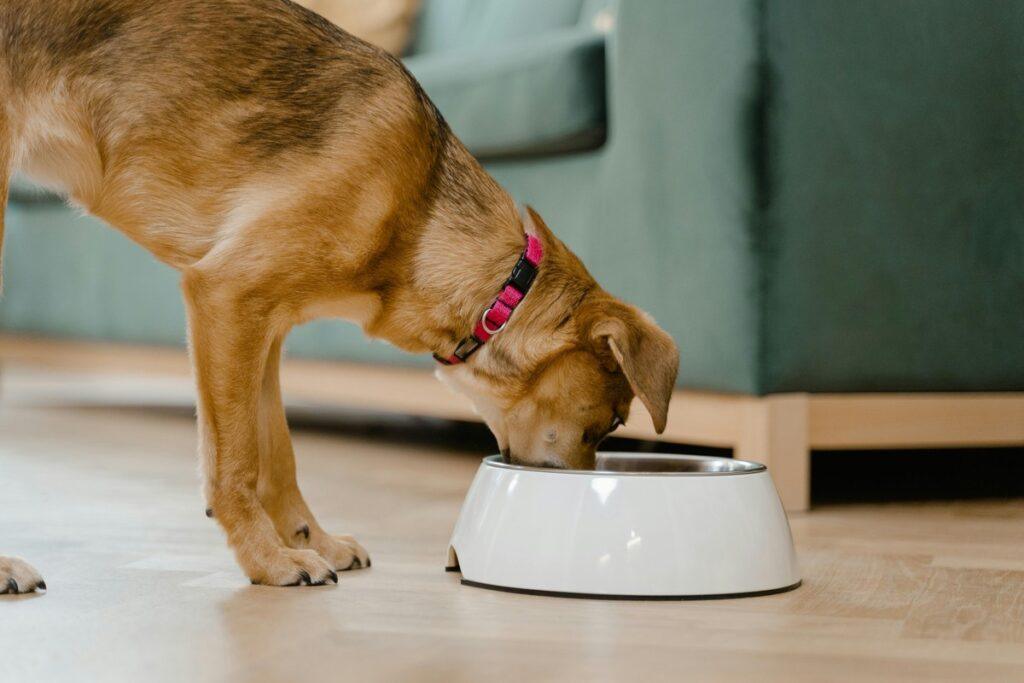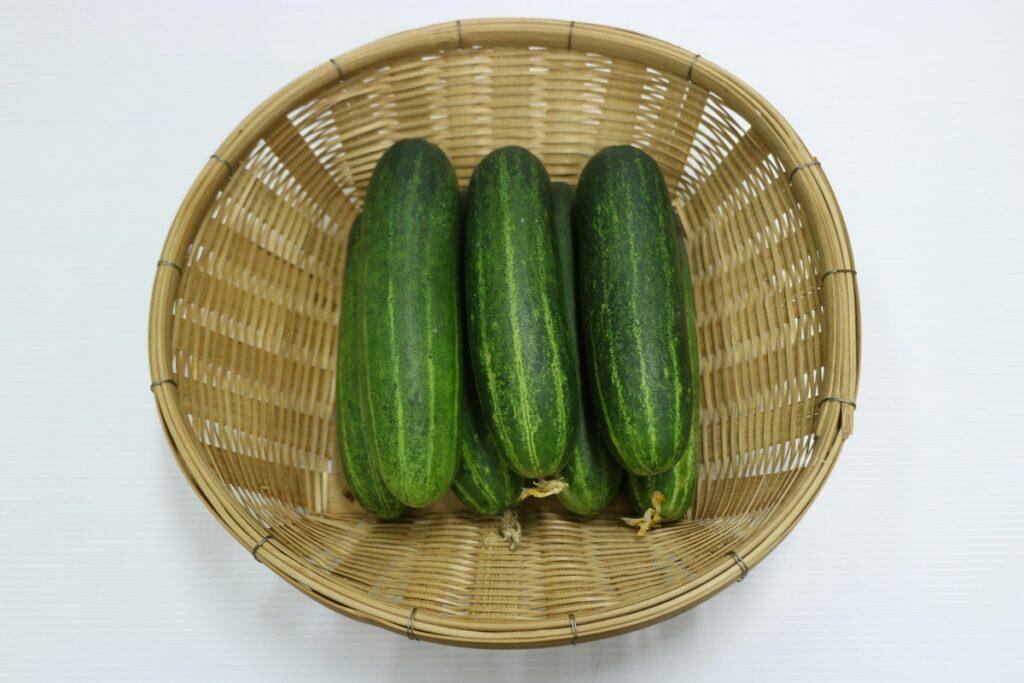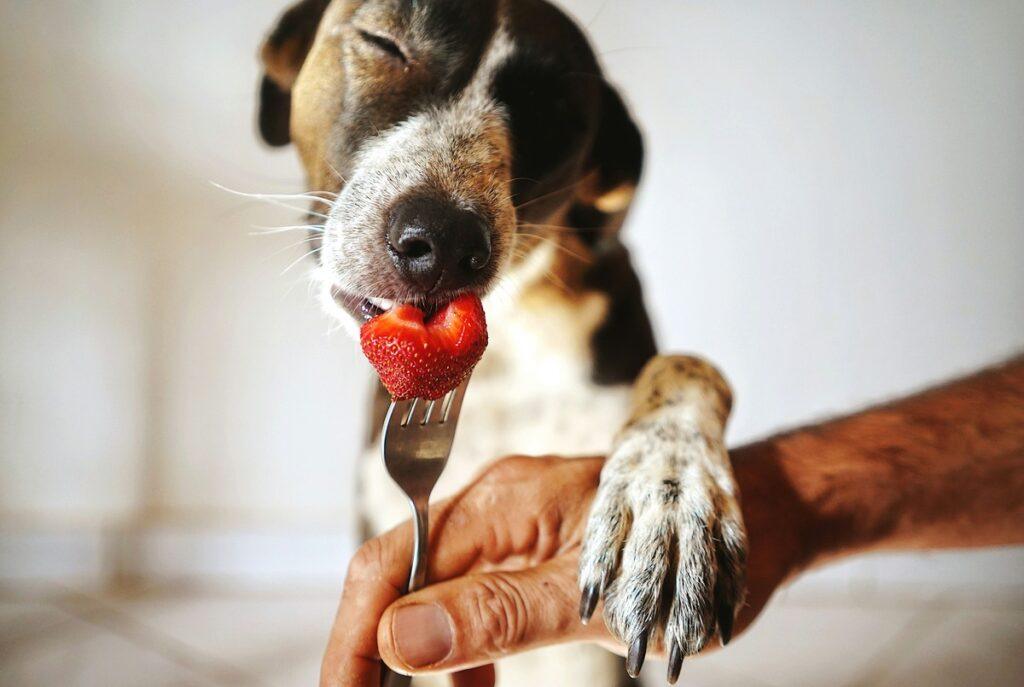Can dogs eat cucumbers? If you’ve ever sliced a cucumber in your kitchen only to have your furry friend sit and beg for a taste, you’re not alone. Many dog owners wonder if cucumbers are safe, healthy, or potentially harmful. In this in-depth 2025 guide, we’ll explore everything you need to know — from nutritional benefits to portion sizes, prep methods, and vet-backed tips for cucumber snacks your pup will love.
Table of Contents
- Are Cucumbers Safe for Dogs?
- Nutritional Benefits
- How to Feed Cucumbers Safely
- Possible Risks
- Recommended Portions by Size
- Healthy Alternatives
- FAQ
- Final Thoughts
Are Cucumbers Safe for Dogs?
Yes — cucumbers are generally safe for dogs to eat. When fed in moderation and prepared correctly, cucumbers make a refreshing, low-calorie treat for dogs of all ages and sizes. According to the American Kennel Club (AKC), cucumbers are non-toxic and contain no fats or oils, making them perfect for dogs who are overweight or prone to pancreatitis.
They’re crunchy, hydrating, and a fantastic snack — especially in warmer months. Many dogs enjoy the satisfying crispness, and owners appreciate the health benefits that come with it.

Nutritional Benefits of Cucumbers for Dogs
Cucumbers offer a range of essential nutrients and health benefits that make them a smart addition to your dog’s occasional treat rotation:
- Hydration: Cucumbers are over 95% water, perfect for hot days.
- Low-calorie: Only 8–16 kcal per 100g — ideal for weight control.
- Vitamins & Minerals: Contains Vitamin K, Vitamin C, potassium, magnesium, and small amounts of B vitamins.
- Freshens breath: The natural crunch and water content can help reduce bad breath.
| Nutrient | Per 100g |
|---|---|
| Water | 95 g |
| Calories | 16 kcal |
| Vitamin K | 16 mcg |
| Vitamin C | 2.8 mg |
| Magnesium | 13 mg |
| Potassium | 147 mg |
How to Feed Cucumbers to Dogs
- Wash cucumbers thoroughly to remove pesticides
- Peel for sensitive stomachs, though not necessary for all dogs
- Slice into small, chewable pieces (especially for small breeds)
- Serve raw and plain — never with salt, vinegar, or dressings
- Start small and observe for any digestive changes
Pro Tip: Freeze thin cucumber slices in summer as a low-calorie crunchy snack — perfect after walks or outdoor play.
Potential Risks of Feeding Cucumbers
Though generally safe, there are a few things dog owners should watch for:
- Choking hazard: Avoid feeding large chunks to small dogs
- Upset stomach: Too much cucumber can cause diarrhea or gas
- Pickles are not the same: Pickled cucumbers contain salt and spices that are dangerous for dogs
- Allergies: Rare, but monitor for skin irritation or vomiting
Common mistake: Some owners assume pickles are okay — they’re not. Stick to raw, fresh cucumbers only.
Recommended Portions by Dog Size
Cucumbers should be given in moderation and should not make up more than 10% of your dog’s daily calorie intake.
| Dog Size | Suggested Serving |
|---|---|
| Small (under 20 lbs) | 2–3 thin slices |
| Medium (20–50 lbs) | 4–5 slices or 1/4 cup |
| Large (50+ lbs) | Up to 1/2 cup |
Healthy Alternatives to Cucumbers
- Watermelon – Hydrating and low in calories
- Apples – Rich in fiber (remove seeds and core)
- Pumpkin – A digestion-friendly superfood
- Blueberries – Antioxidant-rich and bite-sized
- Carrots – Crunchy and great for teeth
FAQ
Can dogs eat cucumber skin?
Yes, but it can be tough on some dogs’ digestion. If unsure, peel it.
Are cucumbers good for overweight dogs?
Absolutely. Their low calorie count and high water content make them ideal weight-control snacks.
Can puppies eat cucumbers?
Yes, in moderation. Make sure to cut into tiny pieces and monitor them closely.
Can dogs eat cooked cucumbers?
They can, but cooking removes much of the water and crunch. Raw is better.
Final Thoughts
So, can dogs eat cucumbers? Yes! They’re low in calories, high in water, and a crunchy treat most dogs enjoy. Just remember: serve them plain, slice them safely, and feed in moderation. Cucumbers are not a replacement for a balanced diet — but they’re a great bonus snack your pup can truly enjoy.
For more healthy snack ideas, explore our guides on blueberries and celery — and always check with your vet when introducing new foods to your dog’s routine.



